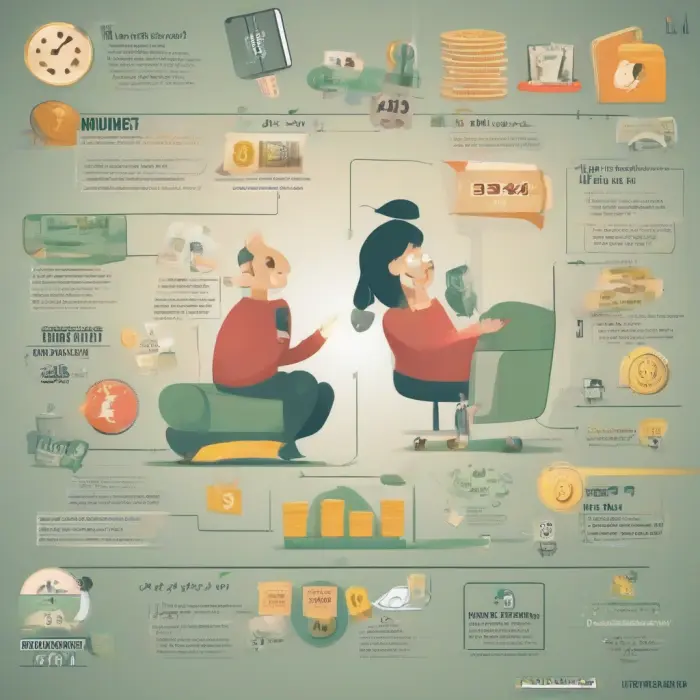Strategies for Reducing Screen Time for Better Eye and Mental Health
In today's digital age, we find ourselves more and more attached to our screens. Whether it's for work, staying connected, or entertainment, many of us have grown accustomed to spending a significant amount of time in front of screens each day. However, prolonged screen time can lead to a host of health issues, including eye strain and mental health disorders. Here are some strategies to consider to help reduce screen time for better eye and mental health.
1. Establish Screen-Free Zones and Times
Having designated spaces and times in your day that are free of digital devices can help in reducing screen time. Make bedrooms, dining areas, and other places of relaxation screen-free zones. Similarly, establish times throughout the day when screens are discouraged, such as during meals or the hour before bedtime. This will not only help in reducing screen time but also increase quality family time and improve sleep quality.
2. Utilize the 20-20-20 Rule
The 20-20-20 rule was invented by eye doctors worried about our eyes in the digital age. The concept is simple and effective: every 20 minutes, look at something 20 feet away for 20 seconds. This helps in reducing eye strain and gives your eyes a much-needed break.
3. Take Frequent Breaks
Working for long stretches of time without a break can put a lot of strain on your eyes. It's a good idea to take short breaks from screen activities every hour or so. These breaks will not only help your eyes rest but also provide some respite for your mind.
4. Opt for Physical Books
While eBooks and digital reading materials offer convenience, they can also contribute to eye strain. Opting for physical books rather than eBooks might be a good alternative to limit screen time and maintain good eye health.
5. Encourage Outdoor Activities
Encouraging outdoor activities is a great strategy to reduce screen time. Outdoor activities have been shown to improve mental health and reduce stress. They also give your eyes a break from focusing at short distances and enable them to relax.
6. Limit Social Media Usage
Social media can be a significant time drain and has also been linked to various mental health issues. Setting aside specific times for social media usage and turning off unnecessary notifications can help reduce the amount of time spent on these platforms.
7. Use Apps and Tools to Monitor and Limit Screen Time
Several apps and digital tools can help you stay mindful of how much time you're spending on various applications and websites, and even allow you to set limits on your usage. Using these tools can provide an objective look at your screen-time habits and offer ways to adjust them as needed.
Reducing screen time contributes to both better eye health and positive mental health. By incorporating a few of these strategies into your daily life, you can protect your eyes and mind from the strain and stress associated with excessive screen time.










